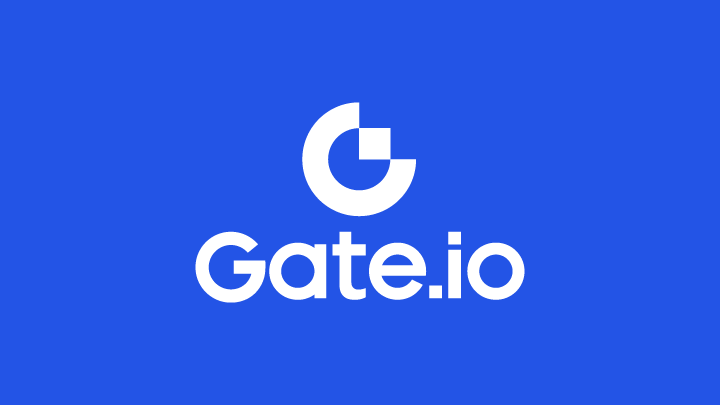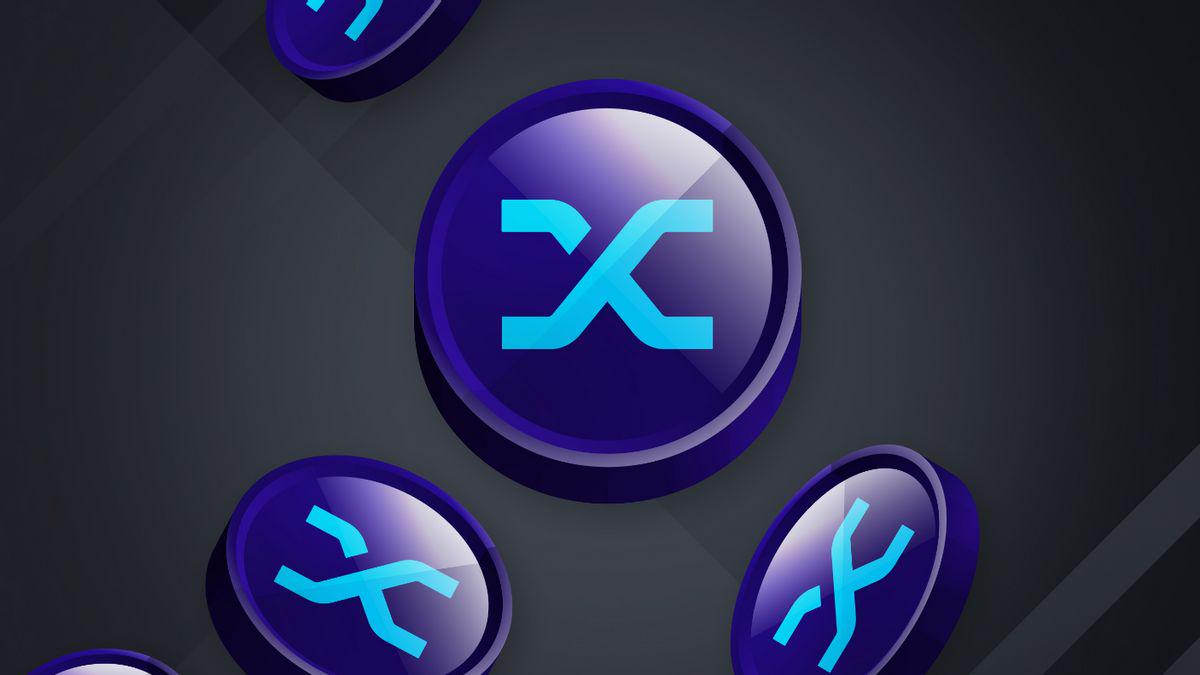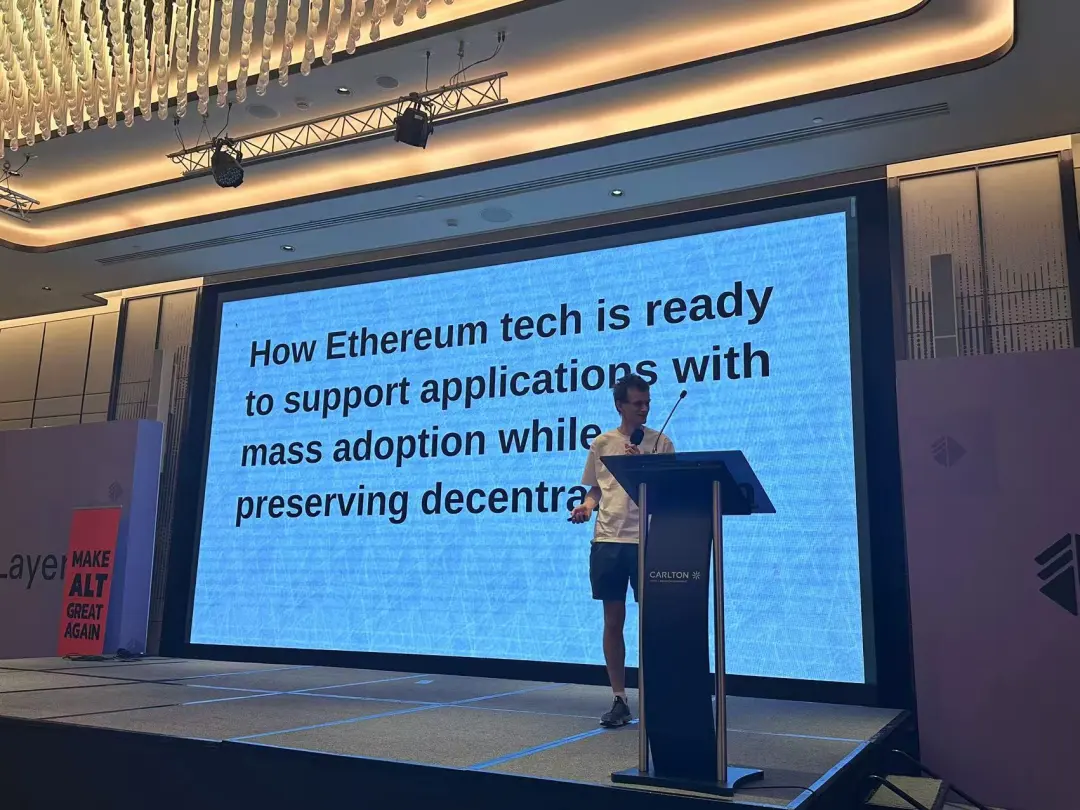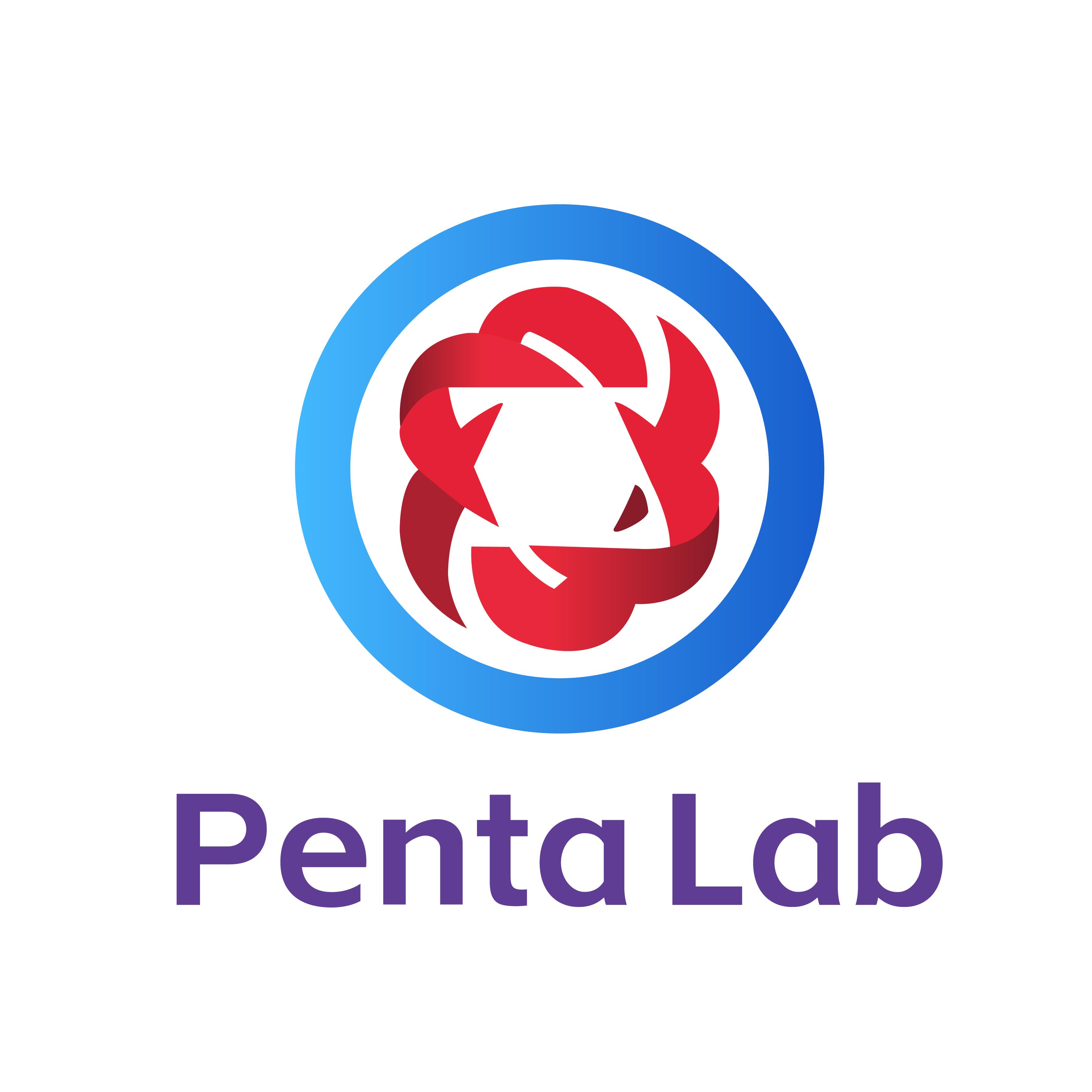-
 PA一线 · 11-22 20:21
快讯发布优化测试
PA一线 · 11-22 20:21
快讯发布优化测试快讯发布优化测试摘要摘要
-
 刘正要律师 · 11-22 19:55
多语言文章发布测试 - 一键同步 - 1
刘正要律师 · 11-22 19:55
多语言文章发布测试 - 一键同步 - 1多语言文章发布测试
-
 欧科云链 · 11-22 14:30
Devcon回顾|在AltLayer_Rollup_Day与200名开发者交手后的领悟
欧科云链 · 11-22 14:30
Devcon回顾|在AltLayer_Rollup_Day与200名开发者交手后的领悟带着好奇心与使命感,OKLink在过去的一周内,与曼谷 Devcon 及周边活动的开发者们密切对话,从数据基础设施构建者的角度出发,与大家一起找寻答案。
-
 白话区块链 · 11-22 09:00
从骗局到财富,Memecoin市场结构分析
白话区块链 · 11-22 09:00
从骗局到财富,Memecoin市场结构分析通过对 Memecoin 市场的深入调研,分析了从社区参与、代币发行、平台使用到用户需求等方面的现状,揭示了这一现象背后的社会动因和未来潜力。
 金色财经 · 11-22 08:00
Glassnode:谁引领了加密市场629亿美元的资本流入?
金色财经 · 11-22 08:00
Glassnode:谁引领了加密市场629亿美元的资本流入?这种需求是由机构投资者通过美国现货 ETF 引领的。
-
 深潮TechFlow · 11-22 07:00
本轮牛市注意力就是一切,独特故事和Z世代支持成为关键
深潮TechFlow · 11-22 07:00
本轮牛市注意力就是一切,独特故事和Z世代支持成为关键事实很简单:最好的创意未必总能获胜——获得关注才是关键。
-
 PA一线 · 11-22 00:02
Coinbase国际站将上线CoW Protocol永续期货合约
PA一线 · 11-22 00:02
Coinbase国际站将上线CoW Protocol永续期货合约Coinbase国际站在X平台发文宣布,Coinbase国际站和Coinbase Advanced将新增对CoW Protocol永续期货合约的支持,COW-PERP市场预计将于北京时间2024年11月26日17:30或之后开放。
-
 PA一线 · 11-21 23:01
知情人士:美SEC与希望推出SOL现货ETF的发行方之间的谈判正“取得进展”
PA一线 · 11-21 23:01
知情人士:美SEC与希望推出SOL现货ETF的发行方之间的谈判正“取得进展”两位知情人士透露,美国证券交易委员会(SEC)工作人员与希望推出SOL现货ETF的发行方之间的谈判正在“取得进展”,SEC目前正在处理S-1申请。这两位人士表示,在未来几天内,我们“很有可能”会看到交易所代表潜在发行方提交一些19b4文件——这是ETF审批流程的下一步。
-
 PA一线 · 11-21 22:56
嘉楠科技通过优先股发行融资3000万美元
PA一线 · 11-21 22:56
嘉楠科技通过优先股发行融资3000万美元比特币矿机制造商嘉楠科技(Canaan Inc.)(NASDAQ: CAN)最近签署了一项证券购买协议,向一家机构投资者以每股1,000美元的价格出售最多30,000股A-1系列优先股。该协议将筹集3000万美元,用于支持北美数字挖矿和设备的开发。此前,嘉楠科技已于2024年9月完成A轮融资,其中出售了多达125,000股A轮可转换优先股。
-
 PA一线 · 11-21 22:36
去中心化游戏玩家网络KGeN完成1000万美元融资,Aptos Labs领投
PA一线 · 11-21 22:36
去中心化游戏玩家网络KGeN完成1000万美元融资,Aptos Labs领投去中心化游戏玩家网络KGeN宣布完成1000万美元融资,Aptos Labs领投,Game7 DAO以及Polygon参投。
- 加密流通市值(7d)$2,190,813,773,927Market Cap恐惧贪婪指数(近30天)
 PA一线 · 11-21 21:21
比特币矿企MARA完成10亿美元可转换优先票据发行
PA一线 · 11-21 21:21
比特币矿企MARA完成10亿美元可转换优先票据发行比特币矿企MARA Holdings,Inc完成10亿美元可转换优先票据发行,其中包括根据购买协议授予初始购买者的购买选择权发行的1.5亿美元票据,购买选择权期限为自票据首次发行之日起13天,初始购买者于2024年11月19日全部行使,额外购买于2024年11月20日完成。
-
 DefiLlama 24 · 11-21 21:00
VitaDAO中已资助项目中高应用潜力的案例盘点
DefiLlama 24 · 11-21 21:00
VitaDAO中已资助项目中高应用潜力的案例盘点本文在作者有限知识储备与医学背景中梳理出了一些VitaDAO 的过往亮点资助提案。结合 AI Steam Labs 研发的 ai 搜索系统(tokenchat.ai)以进行知识扩展。以帮助你理解 VitaDAO 为什么才是 DeSci 生态中的龙头项目,并一览这个生命科学中的投资 DAO 参与的是哪些疾病领域。
-
 PA一线 · 11-21 20:09
Sui网络已恢复并再次处理交易
PA一线 · 11-21 20:09
Sui网络已恢复并再次处理交易Sui官方发布更新称,Sui网络已恢复并再次处理交易,2小时的停机时间是由交易调度逻辑中的一个错误引起的,该错误导致验证器崩溃,该问题现已解决。
-
 区块律动BlockBeats · 11-21 20:00
丢掉投机外衣,meme不再只是PVP?
区块律动BlockBeats · 11-21 20:00
丢掉投机外衣,meme不再只是PVP?“Meme 币是一种考验。将它们视为玩笑和搞笑图片,就是失败。理解它们是不可阻挡的代币化社区,才是真正的领悟。”
-
 NingNing · 11-21 19:00
比特币续刷新高逼近10万美元,满手山寨的我该怎么办?
NingNing · 11-21 19:00
比特币续刷新高逼近10万美元,满手山寨的我该怎么办?我们不得不承认,本次BTC与山寨币脱钩的持续时间和程度,都远远超越历史案例。
-
 Gate.io · 11-21 18:57
Gate Group重磅发布Gate Crypto Card:为EEA居民带来畅通无阻的全球加密支付体验
Gate.io · 11-21 18:57
Gate Group重磅发布Gate Crypto Card:为EEA居民带来畅通无阻的全球加密支付体验Gate Group 隆重推出Gate Crypto Card,这是一款 Visa 借记卡,专为简化欧洲经济区(EEA)用户的加密货币到法币转换的流程而设计。
-
 PA日报 · 11-21 18:36
PA日报 | 特朗普团队考虑设立白宫首个加密货币职位;比特币突破97000美元再创历史新高
PA日报 · 11-21 18:36
PA日报 | 特朗普团队考虑设立白宫首个加密货币职位;比特币突破97000美元再创历史新高MicroStrategy将零息可转换高级票据发行规模增至26亿美元,部分净收益将用于购买比特币;美国直接投资比特币的ETF总资产超过1000亿美元;Sui区块链疑似宕机,1个小时未出块。
-
 PA一线 · 11-21 18:18
Sui区块链疑似宕机,1个小时未出块
PA一线 · 11-21 18:18
Sui区块链疑似宕机,1个小时未出块Suiscan数据显示,Sui区块链疑似宕机,已1个小时未出块。
-
 项目动态 · 11-21 18:09
DePIN 智能戒指 Moon Ring 熊链版本将于 11月 28 日开放预定,限量 2000个
项目动态 · 11-21 18:09
DePIN 智能戒指 Moon Ring 熊链版本将于 11月 28 日开放预定,限量 2000个作为 DePIN 的一部分,Moon Ring 熊链特别版将成为熊链生态的一部分,为用户带来更丰富的参与和互动体验。
-
 PA一线 · 11-21 18:07
前Revolut和Ledger高管创建的加密钱包Deblock完成约1680万美元种子轮融资
PA一线 · 11-21 18:07
前Revolut和Ledger高管创建的加密钱包Deblock完成约1680万美元种子轮融资根据英国公司注册局本月提交的文件,由前Revolut和Ledger高管创建的加密钱包Deblock已额外完成1330万英镑(约1680万美元)的种子轮融资。另一份10月份的文件显示,Headline、Hoxton、20VC和Chalfen是此轮融资的主要投资者。Sifted此前报道称,这家初创公司去年悄悄筹集了1200万欧元。
更多内容 Dec . 28
Dec.28


































